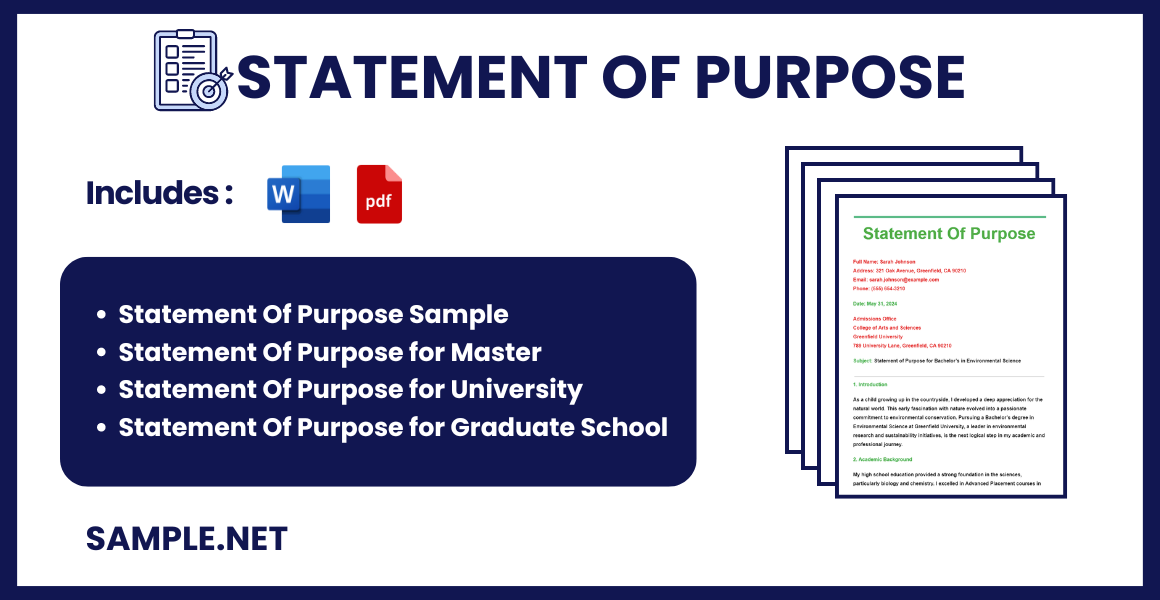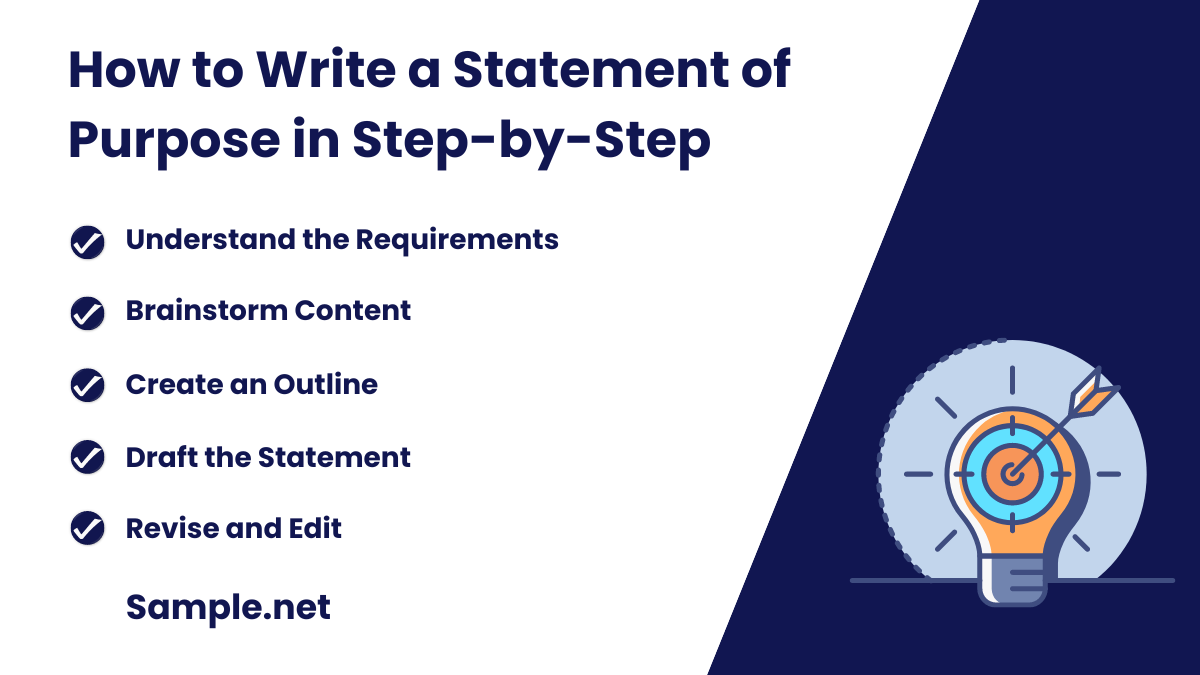Statement Of Purpose Samples
-
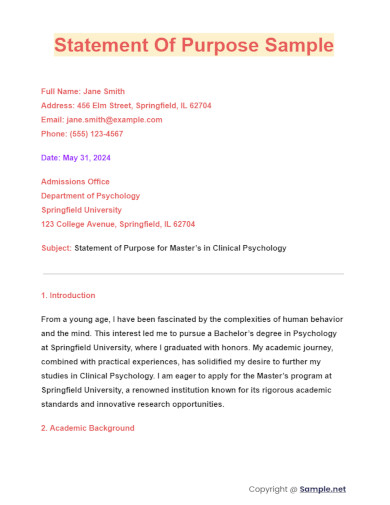
Statement Of Purpose Sample
download now -
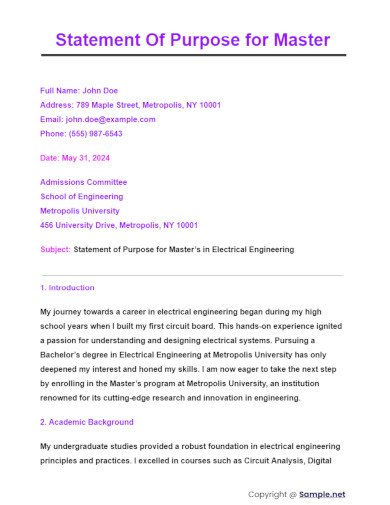
Statement Of Purpose for Master
download now -
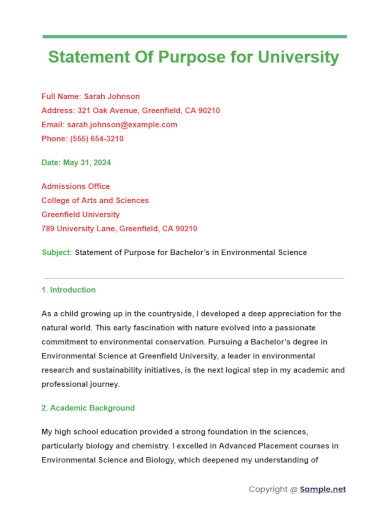
Statement Of Purpose for University
download now -
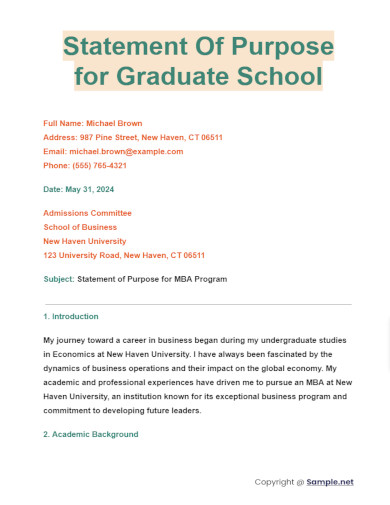
Statement Of Purpose for Graduate School
download now -
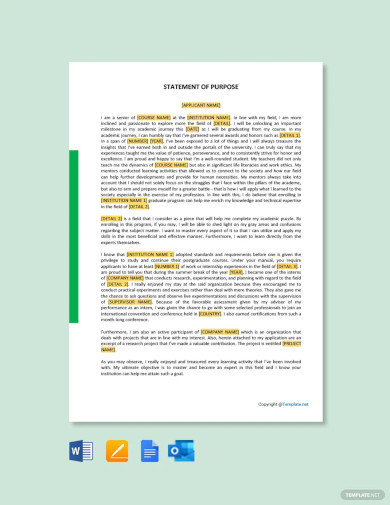
Statement of Purpose Template
download now -
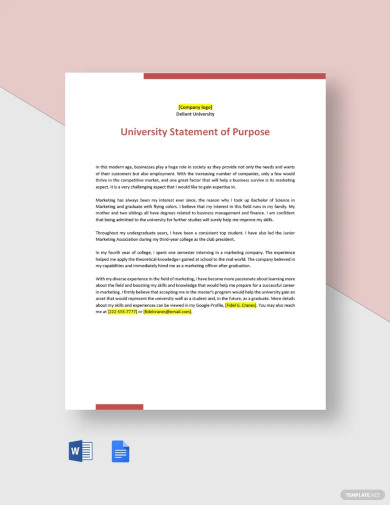
University Statement of Purpose Template
download now -
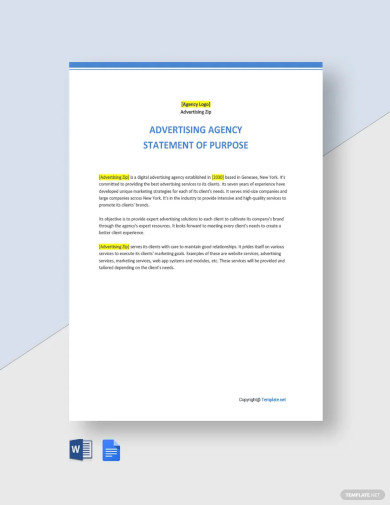
Sample Statement of Purpose for Advertising Agency Template
download now -
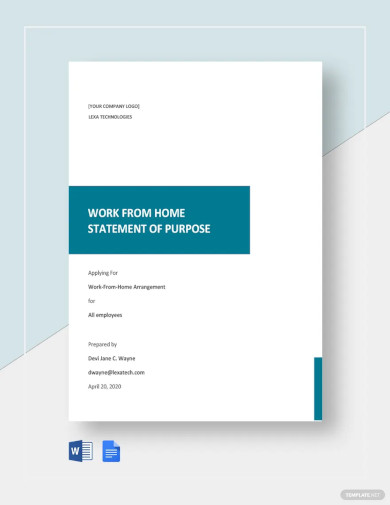
Work From Home Statement of Purpose Template
download now -
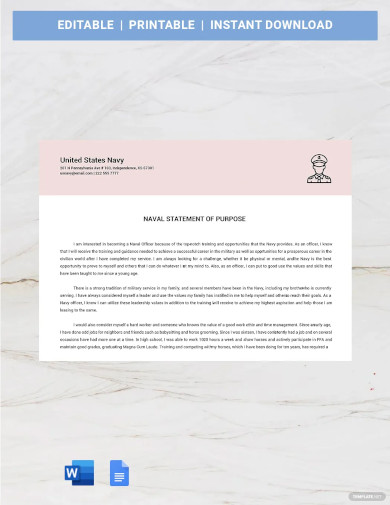
Navy Statement Of Purpose Template
download now -
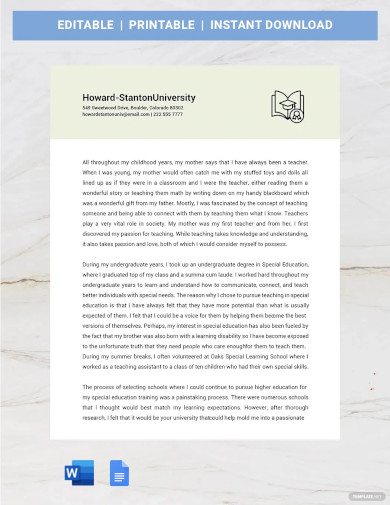
Masters Statement Of Purpose Template
download now -
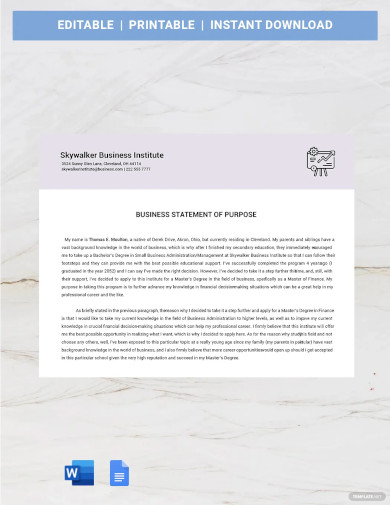
Business Statement Of Purpose Template
download now -
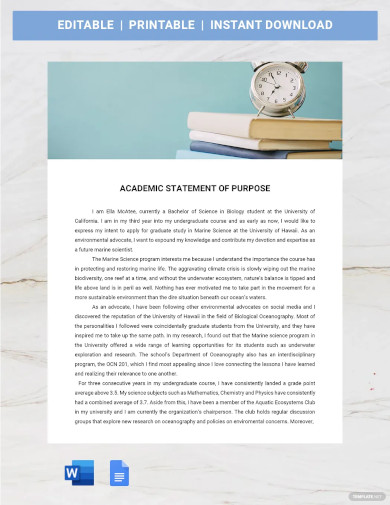
Academic Statement Of Purpose Template
download now -
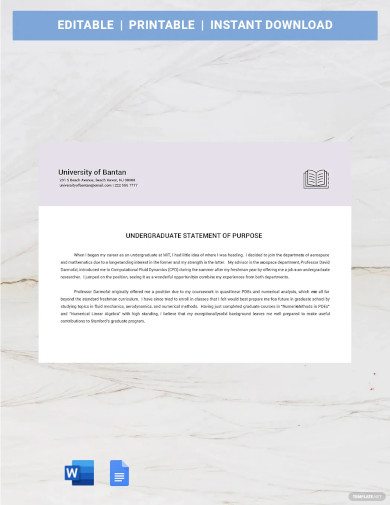
Undergraduate Statement Of Purpose Template
download now -
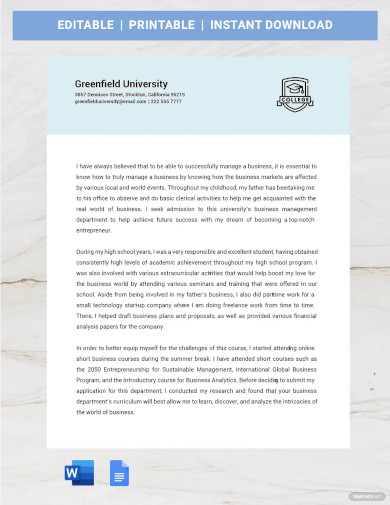
College Statement Of Purpose Template
download now -
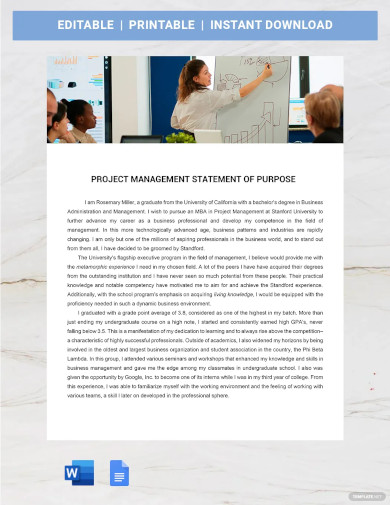
Project Management Statement Of Purpose Template
download now -
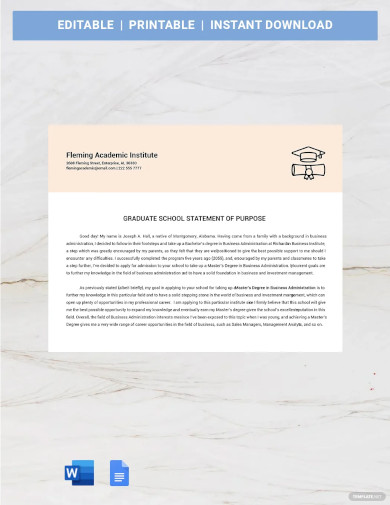
Graduate School Statement Of Purpose Template
download now -
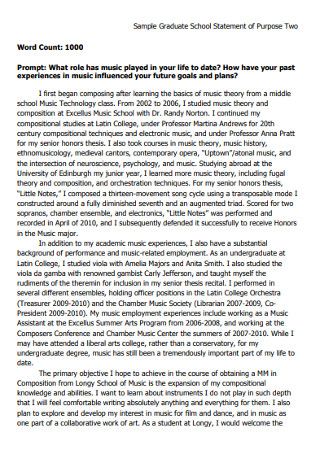
Sample Graduate School Statement of Purpose Template
download now -
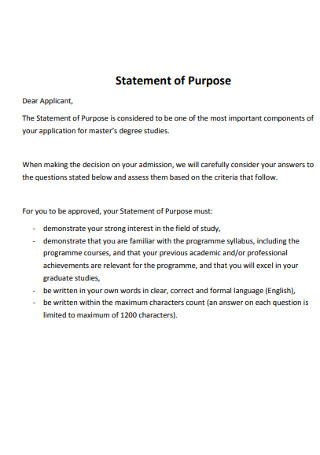
University Statement of Purpose Template
download now -
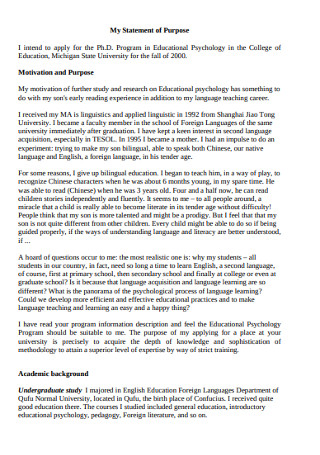
Application for Ph.D. Study Statement of Purpose Template
download now -
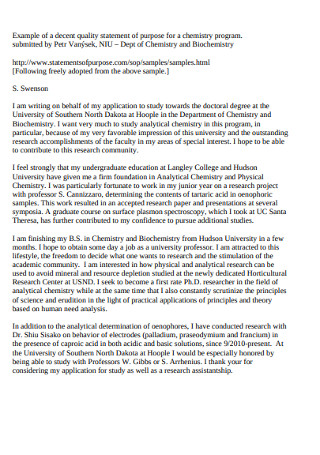
Statement of Purpose for a Chemistry Program
download now -
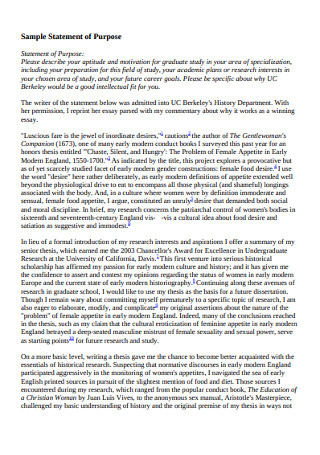
Sample Motivation for Graduate Study Statement of Purpose
download now -
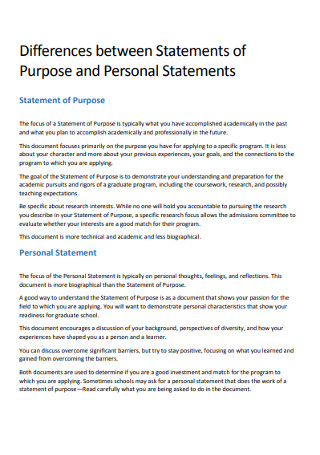
Purpose and Personal Statements
download now -
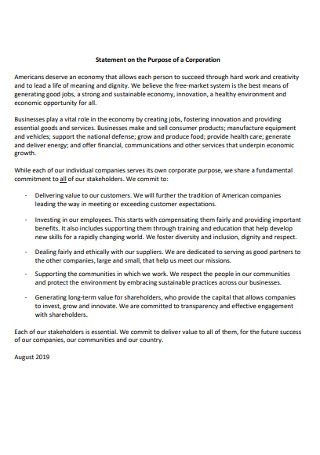
Statement on the Purpose of a Corporation
download now -
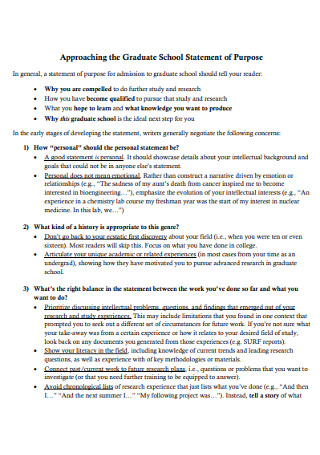
Graduate School Statement of Purpose
download now -
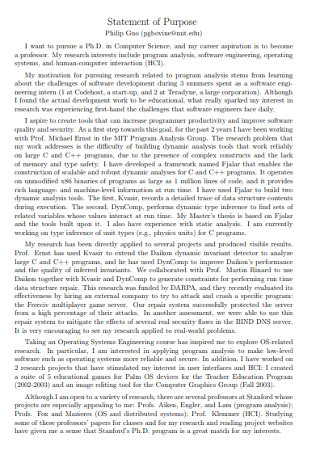
Computer Science Statement of Purpose Template
download now -
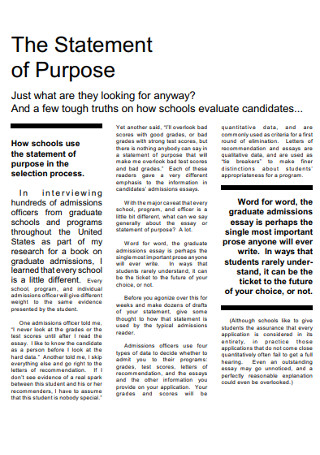
Masters Statement of Purpose Template
download now -
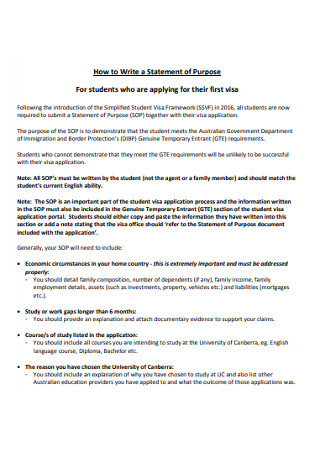
Student Statement of Purpose Template
download now -
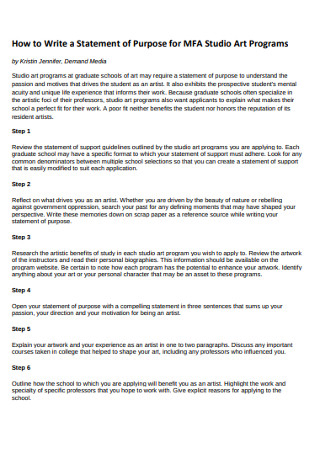
Statement of Purpose for Studio Art Programs Template
download now -
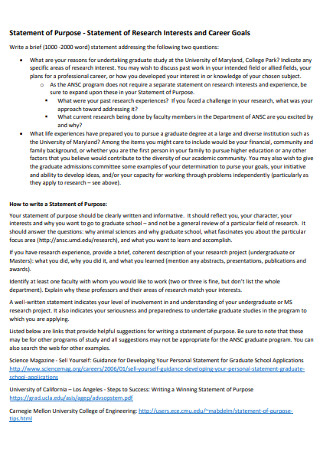
Statement of Research Purpose Template
download now -
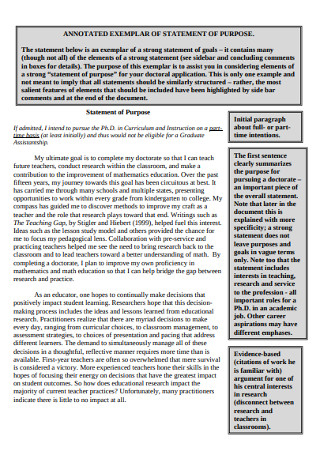
Annotated Statement of Purpose Template
download now -
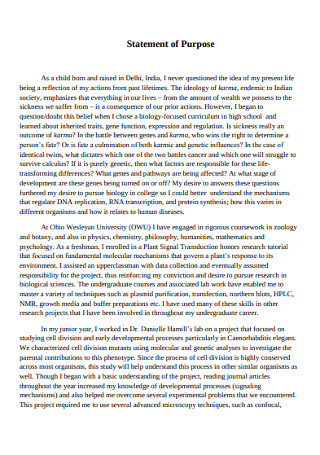
Child Statement of Purpose Template
download now -
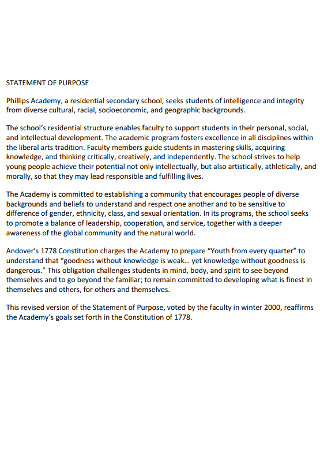
Secondary School Statement of Purpose Template
download now -
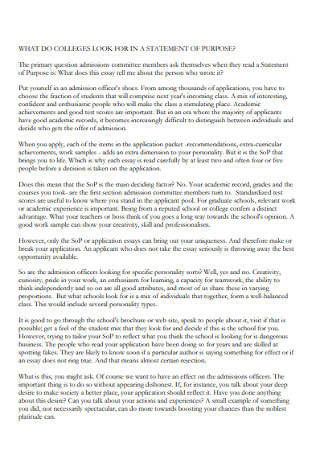
Colleges for Statement of Purpose Template
download now -
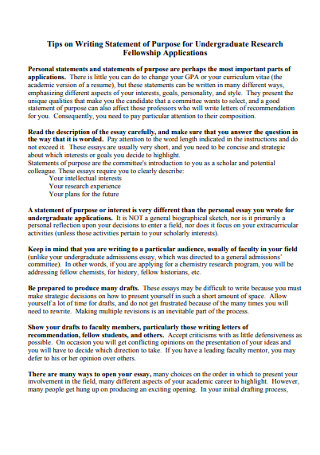
Statement of Purpose for Undergraduate
download now -
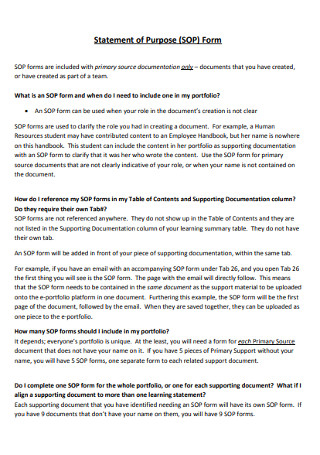
Statement of Purpose Form Template
download now -
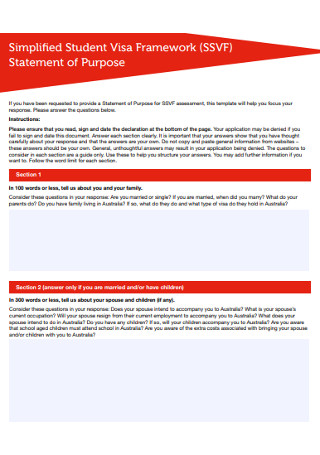
Student Statement of Purpose Template
download now -
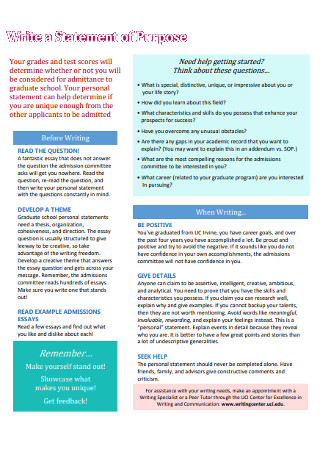
Sample School Statement of Purpose Template
download now -
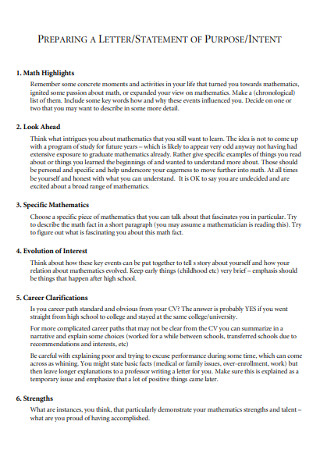
Statement of Intent purpose Template
download now -
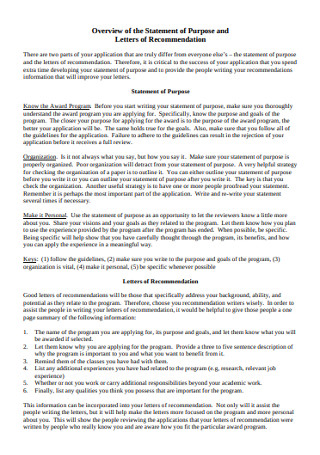
Statement of Purpose and Letters of Recommendation Template
download now -
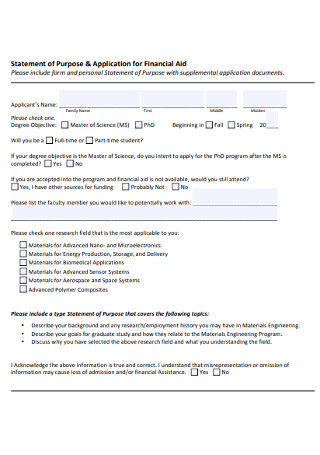
Statement of Purpose for Application for Financial Aid
download now -
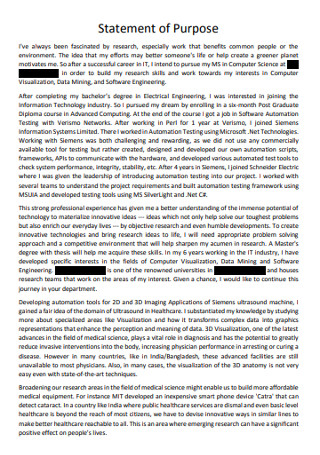
Standard Scholarship Statement of Purpose
download now -
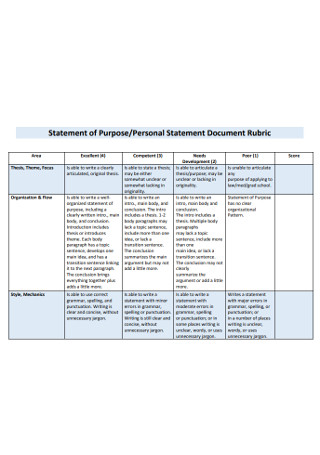
Personal Statement of Purpose Templates
download now -
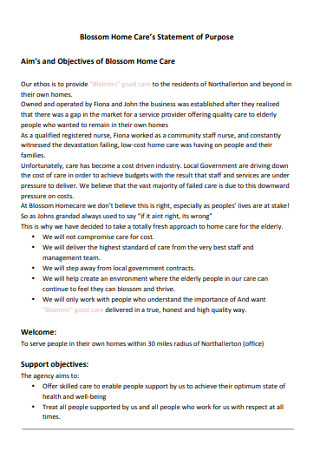
Blossom Home Care’s Statement of Purpose
download now -
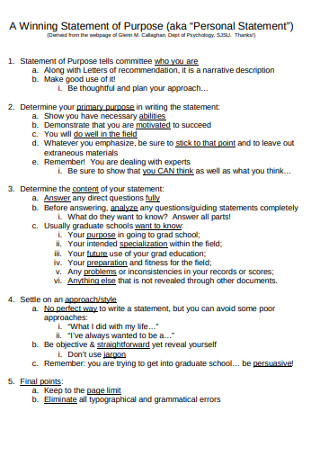
Business Statement of Purpose
download now -
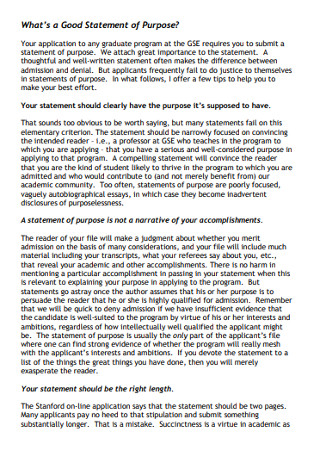
Good Statement of Purpose Template
download now -
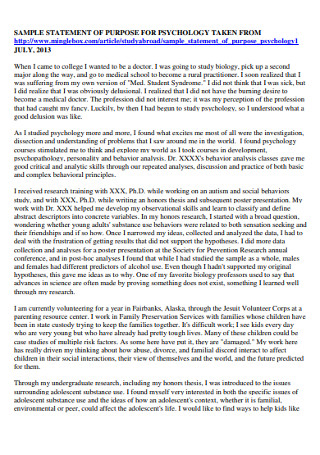
Sample Statement of Purpose for Psychology Template
download now -
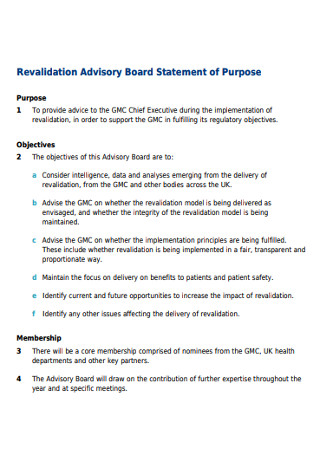
Revalidation Advisory Board Statement of Purpose
download now -
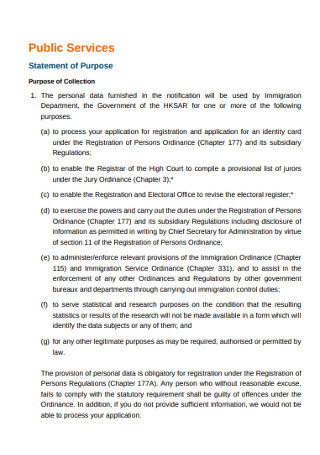
Public Service Statement of Purpose Template
download now -
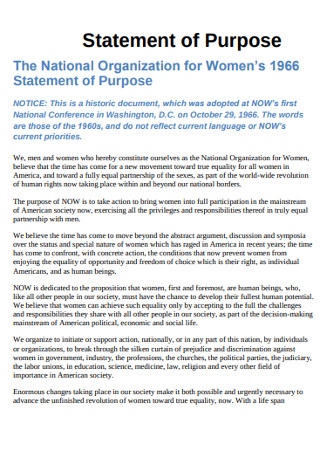
Organization for Women Statement of Purpose
download now -
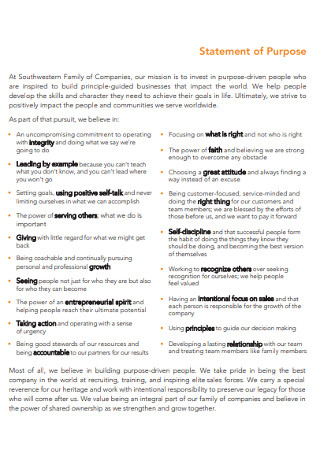
Sample Company Statement of Purpose Template
download now -
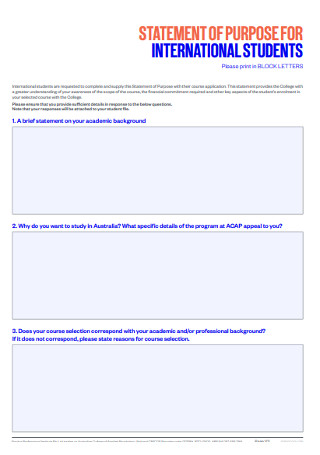
Statement of Purpose for College Students
download now -
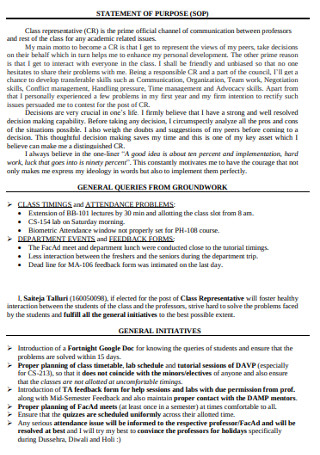
School Class Statement of Purpose Template
download now -
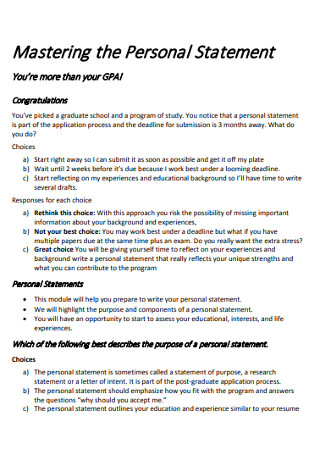
Mastering the Personal Statement
download now -
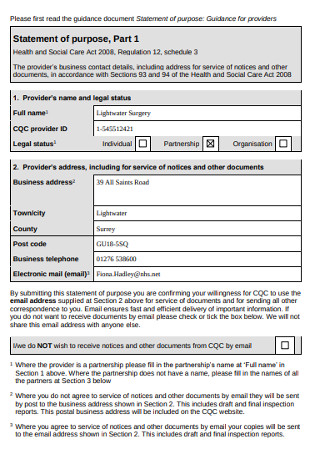
Formal Statement of Purpose Template
download now -
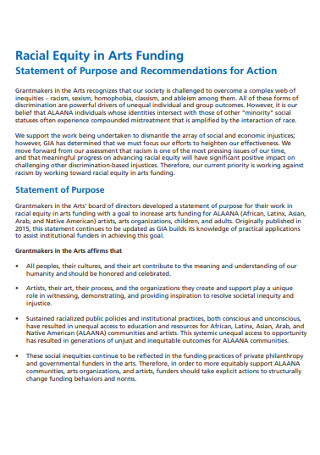
Statement of Purpose and Recommendations for Action
download now -
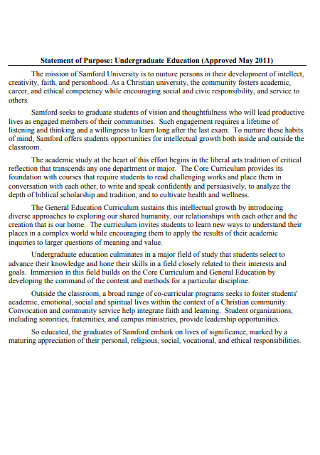
Undergraduate Education Statement of Purpose
download now -
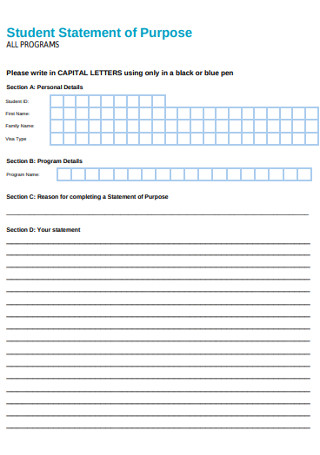
Student Statement of Purpose
download now -
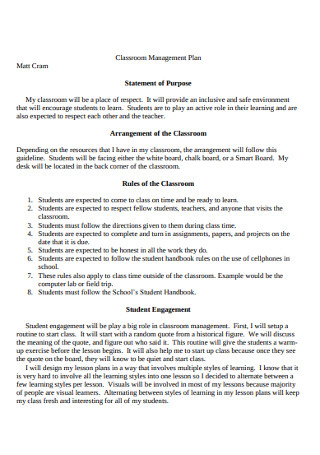
Classroom Management Plan Statement of Purpose
download now -
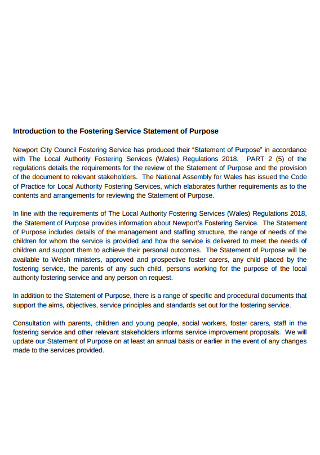
Fostering Service Statement of Purpose
download now -
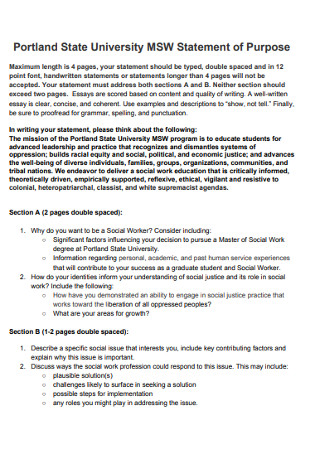
University Phd Statement of Purpose
download now -

Shared Statement of Purpose Template
download now -

Traditional Wedding Statement of Purpose
download now -
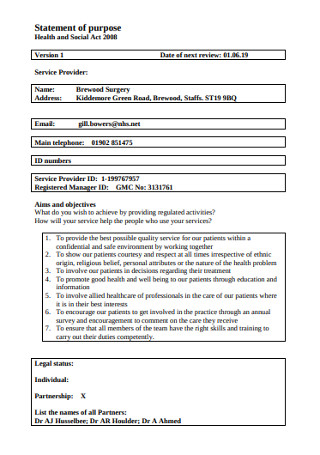
Health Statement of Purpose
download now -

Museum and Statement of Purpose Template
download now -
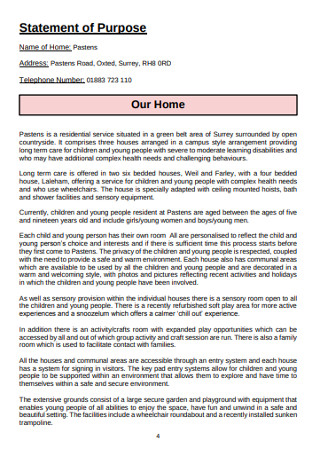
Home Statement of Purpose Format
download now -
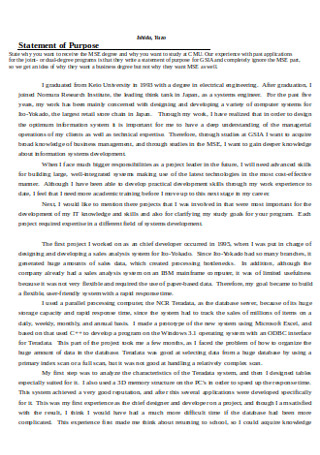
Study Statement of Purpose Template
download now -
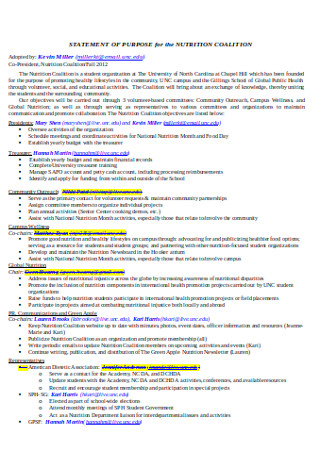
Statement of purpose for Nutrition Template
download now
FREE Statement of Purpose s to Download
Statement of Purpose Format
Statement Of Purpose Samples
What is Statement Of Purpose?
Elements of an SOP Essay
The Fresh-Grad Crisis
How to Compose Your Statement of Purpose
How do I begin my statement of purpose essay?
How long should my statement of purpose essay be?
How can I organize my statement of purpose essay?
Can I ask someone to write my SOP essay?
How to Write a Statement of Purpose: A Step-by-Step Guide
How Do You Write a Short Purpose Statement?
What Are the Three Parts of a Purpose Statement?
How to Write a Strong SOP?
What Are the 5 Parts of SOP?
What is a Purpose Statement Template?
How Long Should a Statement of Purpose Be?
How Do You Stand Out in a Statement of Purpose?
How Do You Start a Personal Statement of Purpose?
What Are the Final Words in SOP?
How Not to Write a Statement of Purpose?
How Should I End My Statement of Purpose?
Download Statement Of Purpose Bundle
Statement of Purpose Format
Full Name Address City, State, ZIP Code Email Phone Number
Date
Admissions Office [University/Organization Name] Address City, State, ZIP Code
Subject: Statement of Purpose for [Program Name]
1. Introduction
- Briefly introduce yourself and your academic background.
- State the purpose of the statement.
2. Academic Background
- Provide details of your previous education.
- Mention relevant coursework, projects, and academic achievements.
3. Professional Experience
- Describe your professional background, including any internships or jobs.
- Highlight experiences relevant to the program you are applying for.
4. Motivation for the Program
- Explain why you are interested in this specific program.
- Discuss how it aligns with your career goals and aspirations.
5. Career Goals
- Outline your short-term and long-term career goals.
- Describe how the program will help you achieve these goals.
6. Conclusion
- Summarize your key points.
- Express your enthusiasm and commitment to the program.
Sincerely,
[Your Name]
What is Statement Of Purpose?
A Statement of Purpose is a formal document submitted as part of an application process, detailing your background, goals, and reasons for applying to a specific program or position. It serves to provide the selection committee with insight into your qualifications, motivations, and fit for the opportunity. The Statement of Purpose is a crucial component of your application, often determining whether you move forward in the selection process.
Elements of an SOP Essay
When the admission committee scrutinizes your application files, you are not in the room to make your case. Your statement of purpose essay expresses your intent to enroll in the college graduate program. Your SOP letter should answer the following questions about you.
The Fresh-Grad Crisis
After finishing their undergraduate or graduate program, people find themselves in that hazy area between proceeding with further studies or dipping their toes in the real-world. Although people who obtained their master’s degrees also find themselves in the same predicament, this situation is most prevalent in fresh graduates looking for jobs. After years of sticking to a determined plan, suddenly fresh grads feel a tad lost in the new environment. Overwhelmed and intimidated by change, one becomes unsure of himself or herself. This period of ambiguity and confusion lead many people to want to go back into the familiar and comforting arms of the university. These people see grad school as a way to delay growing up and its corresponding responsibilities.
This notion, of course, becomes problematic when it is the person’s motivation for pursuing further studies. Such a drive is short-lived and will not sustain you through the physical and mental rigors of grad school. Aside from that, grad school is also very expensive. Even though people who pursued graduate education can earn more than college graduates, your dream job might not even require a higher degree. There is also no telling that you will be more successful just because of your degree. Unless you applied for a graduate degree scholarship, you just paid more for something that will have little influence on your career.
However, some careers benefit from more specialized knowledge of a field of study. Certain professions in business management, finance, sciences, law, and research may require that you know more than your undergraduate background. People on the academic side of these areas apply for study leave to obtain higher degrees and be experts in their fields. There are pros and cons to furthering knowledge. It can be a worthwhile investment or an unnecessary time-and-resource expenditure that you would regret. Grad school is not your escape from responsibilities. Therefore, you have to research your dream career and find out whether graduate studies will open more doors for you.
How to Compose Your Statement of Purpose
If you have decided that grad school is the path for you for the right reasons, your next step is persuading the selection panel so. You can’t force people into believing what you think. However, you can persuade them to decide for themselves to act in a way that is favorable to you. According to an article in Entrepreneur, the secret to persuasion lies in your ability to communicate your points, so your audience agrees with your stance. Instead of just saying things that force your ideas on people, illustrate and set examples of what you mean. Present your arguments on why you belong in the school’s graduate program in the way that the committee will agree with you. Use your essay to help the board reach a favorable conclusion. You may also see Suitability Statement
Step 1: Tune Your Language
Speak as a graduate student would. Make your SOP letter an interesting read, but it should still sound like a qualified graduate school hopeful wrote it. The forms of writing vary on structure, form, tone, and the intended audience. Informal writing appeals to a general audience. On the other end of the spectrum, there is something as too formal form of writing, a graduate student creating a critical dissertation evaluation. Stay in the sweet spot where you can still find yourself in the content. You can still be professional without sounding like a robot. When possible, err towards the active and first-person voice. Remember that your content, from its substance to its structure, should reflect your qualifications. You may also see Profit and Loss Statement
Step 2: Reel Readers In
Readers should want to read your letter. A letter of intent is still an essay, so it should still function the same way. Dull opening statements that do not invite the readers to continue reading have no place in your essay. You are writing the letter to convince the committee why you are a fit candidate for the program. Boring them with a lazily put-together essay will not help your case. Reel the readers in with a powerful hook that is relevant to your interest in the field. Otherwise, your application will be rejected as fast as you bored your readers with an uninteresting and generic introduction. You may also see Relationship Statement
Step 3: Illustrate Career Highlights
In your SOP essay, describe your academic and professional background and accomplishments that demonstrate your competence. Give examples of your capability. You can include related classes you took, projects you participated in, and other curricular and extracurricular activities. Explain how those endeavors advanced your growth and expanded your understanding in the field of study. If you worked with an important or well-known firm, company, client, or professional, you can include your experience in the endeavors. If you have received recognition and awards for your work in the academic and professional communities, you can add these accomplishments in your highlight reel. You may also see Witness Statement
Step 4: Justify Your Choice
Explain your motivation when you chose that university to pursue the program. You can cite programs, offers, or relevant facilities that they have that will help you with your study. You may be inspired by the expertise of the university faculty and want to pursue your graduate studies under their wing. There is a fine line between compliments and flattery. The latter will not secure your spot in the program and will make you look bad. You also have to justify why you are different from the competition, and what you can bring to the table. You should adequately answer why the committee should accept your application to the program. You may also see Project Scope Statement
Step 5: Review Your Essay
The first few drafts are rough patches of your thoughts. Polish your essay by having someone proofread it for you. Ask someone to read your SOP essay, and take note of their comments. It is good practice as a writer to have someone else read and review what you wrote. Someone else can provide a fresh perspective because there could be some things you might have missed. Because you are not your audience, it is a good measure to test the persuasion power of the essay on someone else. Revise and refine your SOP letter until you can trust it to persuade the selection board for you. You may also see Informative Speech Thesis Statement
How do I begin my statement of purpose essay?
Select the field of study you wish to pursue and the school you wish to pursue it in. Check their admission guidelines on application requirements. Create a list of the relevant background and experience that you can include in your essay. Start your draft as early as possible so that you have enough time for revisions. Write using the active, first-person voice. You may also see Disclaimer Statement
How long should my statement of purpose essay be?
Unless the format is specified in the application guidelines, limit your essay at around 500 to 1,000 words. Writers should stick to a readable and formal font at 11 or 12 font-size with enough space in between lines. You may utilize around five to seven paragraphs with up to 200 words per part. Given such a format, you can exhaust two to three pages for your essay. You may also see Marketing Problem Statement
How can I organize my statement of purpose essay?
As much as possible, limit your use of bullet points. It is an essay. Therefore, organize your thoughts in concise and specific paragraphs. Do not deviate from the focus of your essay. Your paragraphs should revolve closely around an axis. Arrange your essay so that the content follows a coherent and logical flow of ideas. You may also see Cash Flow Statement
Can I ask someone to write my SOP essay?
Your statement of purpose essay should reflect who you are and what your interests and career aspirations are. Someone else cannot duplicate your thoughts as you would have written them. Because you are expected to write your SOP essay, having someone else write the content for you is lying and misleading. You can take inspiration online, but you have to pen your essay. You may also see Statement of Acknowledgement
How to Write a Statement of Purpose: A Step-by-Step Guide
Writing a Statement of Purpose involves articulating your goals, experiences, and motivations clearly and concisely. Key steps include:
- Understand the Requirements: Read and understand the specific guidelines provided by the institution.
- Brainstorm Content: List your achievements, experiences, and motivations relevant to the application.
- Create an Outline: Organize your ideas into a structured format.
- Draft the Statement: Write the first draft, focusing on clarity and coherence.
- Revise and Edit: Review the draft for errors and improvements, ensuring it aligns with a Self Declaration Statement.
How Do You Write a Short Purpose Statement?
A short Purpose Statement should be concise, clear, and focused on your main objectives. Key elements include:
- Introduction: Begin with a brief introduction of who you are.
- Objective: Clearly state your primary goal or purpose.
- Relevance: Explain why this goal is important to you.
- Connection: Link your purpose to the specific opportunity or program.
- Conclusion: Summarize your objective in a compelling way, akin to Case Study Problem Statement.
What Are the Three Parts of a Purpose Statement?
A Purpose Statement typically consists of three main parts to convey your message effectively.
- Introduction: Introduce yourself and the context of your statement.
- Body: Elaborate on your goals, motivations, and relevant experiences.
- Conclusion: Summarize your statement and reinforce your objectives, similar to Research Statement.
How to Write a Strong SOP?
Writing a strong SOP requires clear articulation of your goals, experiences, and suitability for the program. Key components include:
- Introduction: Capture the reader’s interest with a strong opening.
- Academic Background: Detail your academic achievements and experiences.
- Professional Experience: Highlight relevant work experiences and skills.
- Goals and Motivations: Clearly state your future goals and motivations.
- Fit for the Program: Explain why you are a good fit for the program, similar to Personal Statement.
What Are the 5 Parts of SOP?
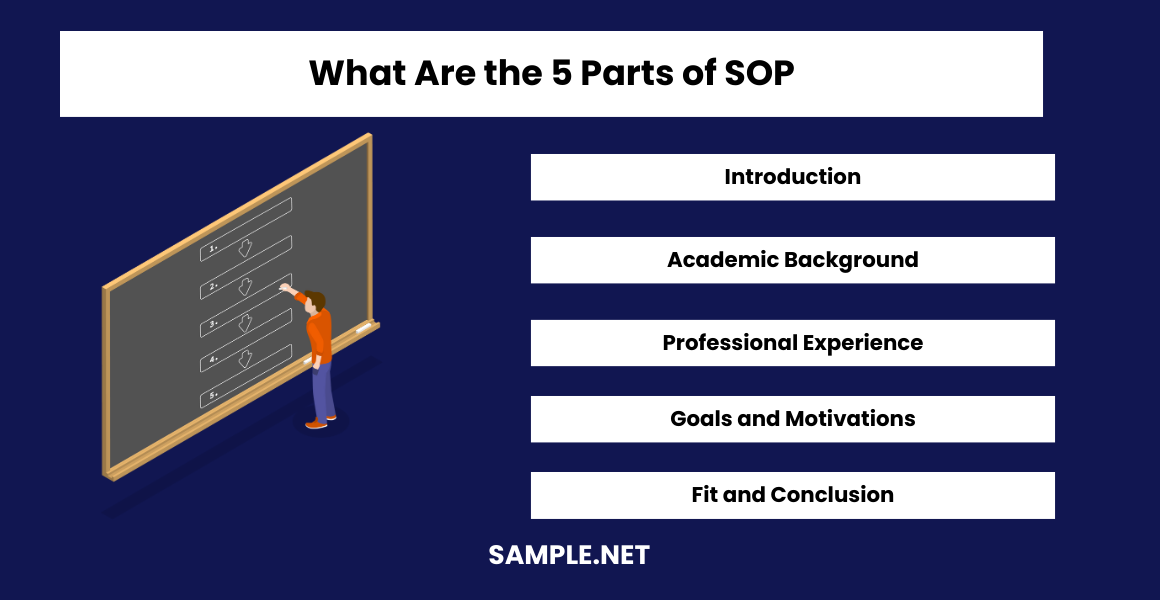
A comprehensive SOP should include the following five parts to effectively communicate your purpose and qualifications:
- Introduction: Briefly introduce yourself and your intent.
- Academic Background: Describe your educational background and achievements.
- Professional Experience: Outline your relevant work experiences and skills.
- Goals and Motivations: Discuss your short-term and long-term goals.
- Fit and Conclusion: Explain why you are suited for the program and summarize your statement, much like Account Statement.
What is a Purpose Statement Template?
A Purpose Statement Template is a structured outline to help organize your goals, experiences, and motivations, similar to a Research Interest Statement.
How Long Should a Statement of Purpose Be?
A Statement of Purpose should be 1-2 pages, typically 500-1000 words, ensuring clarity and completeness without being overly lengthy, similar to Thesis Statement.
How Do You Stand Out in a Statement of Purpose?
Stand out by showcasing unique experiences, clear goals, and a strong connection to the program, much like a compelling Teaching Philosophy Statement.
How Do You Start a Personal Statement of Purpose?
Start with a captivating introduction that highlights your background and motivations, setting the stage for your detailed Problem Statement.
What Are the Final Words in SOP?
The final words in an SOP should summarize your goals and leave a lasting impression, similar to a well-crafted Closing Statement.
How Not to Write a Statement of Purpose?
Avoid generic statements, clichés, and irrelevant details. Stay focused, clear, and personal, unlike vague Policy Statement.
How Should I End My Statement of Purpose?
End your Statement of Purpose by summarizing your main points and reiterating your enthusiasm for the program, akin to strong Background Statement.
In conclusion, mastering the creation of a Statement of Purpose is essential for crafting a compelling application. With our guide, you have learned how to draft detailed samples, forms, and letters, ensuring your statement is well-structured and impactful. Utilizing the provided templates and tips, you can streamline your writing process and enhance the effectiveness of your application. For more detailed examples and templates, visit Statement Sheet.

